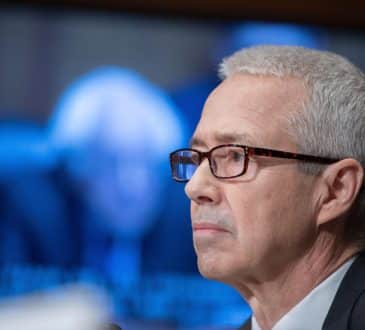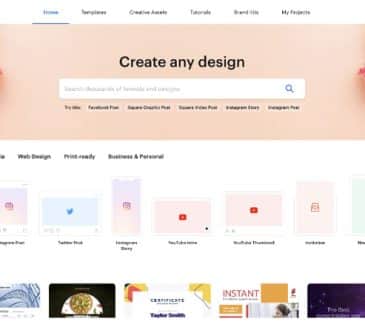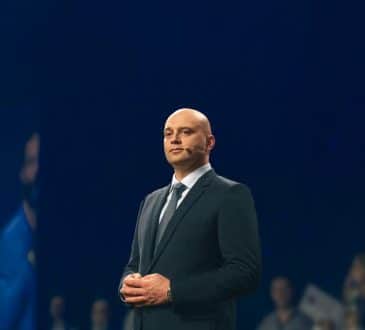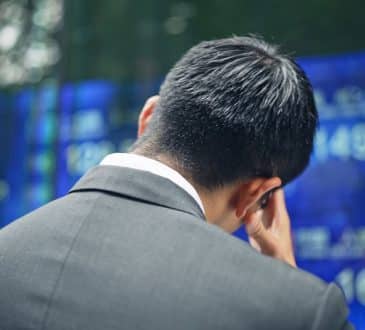What burnout taught me about the need to have mental health conversations at work
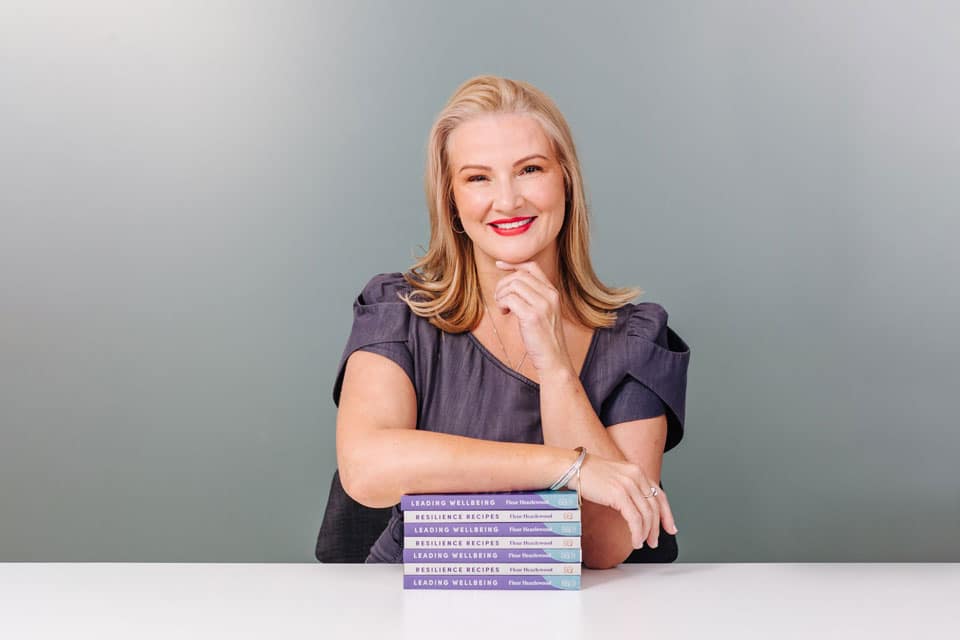
As leaders, healthy change starts with us. And it is not just what we say but also what we do that matters. In the healthy leadership programs I run, I have learned that leading with courage, with vulnerable personal sharing, creates the psychological safety and trust necessary to have the caring conversations that count. When I lead workshops with my lived experience, there is greater openness within the group – the burning questions are asked, the quality of the conversation deepens, and people listen with curiosity and respond to each other with compassion.
So, to encourage you to lead with courage and model vulnerability, I will share some of my personal, raw stories and why I care so deeply about leaders developing mental health mastery for work. I started my career as a bright, ambitious young woman during a time when equal opportunity, flexibility, fair work and discrimination laws, policies and protections didn’t really exist. During my first year of work I was bullied, harassed, ridiculed, threatened, sexually assaulted and ostracised for being young, female, qualified, competent and different. I started my working career in a tough employment market, and if I could have found a job anywhere else, I would have taken it.
The leaders who I turned to for help with this psychological harm pleaded helplessness and then, behind my back, contributed to the rumour mill that I was trouble. My manager distanced themself from me because they saw me as a threat to their career progression. I was ostracised by my team and left to figure out how to be safe on my own. I shut down and focused on survival. I worked twice as hard as everyone else to continuously justify my existence.
My days were spent living in my stress response and on adrenaline, and dreading Mondays. Weekends were spent in a state of mental exhaustion, and expensive health-retreat holidays were dedicated to finding new and faster ways to recover and manage burnout.
When I eventually resigned, it was as one of the company’s top performers. The leaders scrambled to create incentives for me to stay. I didn’t.
Most of us move into leadership and management roles with clarity around the tasks, projects, targets and results we are expected to deliver. There is an investment in training and time dedicated to work-in-progress meetings, either one-on-one or in teams, and performance expectations come with a range of measures for assessing our levels of performance and success. Less explicit and often more informal, unwritten and unmeasured is an assumption that we will also manage the wellbeing of our team within the cracks of our leftover time. But when we don’t manage the interpersonal dynamics well, leave those who are unwell to struggle, allow interpersonal conflict to fester or accept poor performance, we undermine both our own health and performance and that of our overall team.
I worked extremely hard and fast-tracked a successful corporate career that took me from graduate trainee in a blue-chip global company to CEO of a multi-million-dollar business in just 15 years. I overachieved on every commercial performance measure given to me, but I existed in a perpetual state of burnout – and ended up damaging both my mental health and physical health along the way. There is a better way, and Leading Wellbeing will help you find it.
Written by Fleur Heazlewood.
Have you read?
The World’s Top 10 Highest-Paid Wealth Management Executives.
CEO compensation: Highest paid chief executive officers in the United States.
Highly-Paid Entertainment Chief Executives (Averaged $31.66 Million).
Highest-paid health insurance CEOs.
Most Powerful Companies in Australia, 2023.




